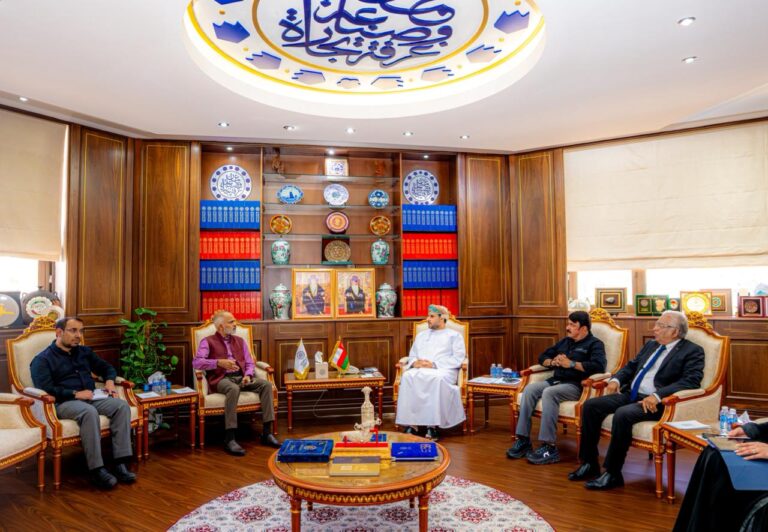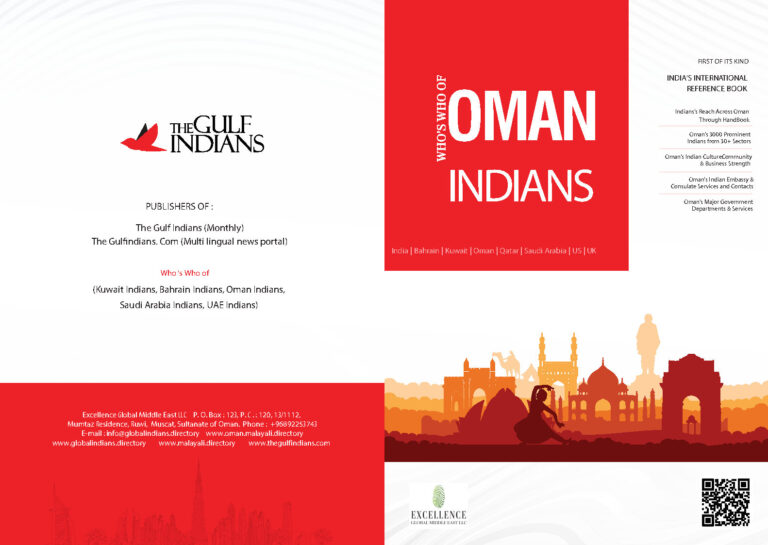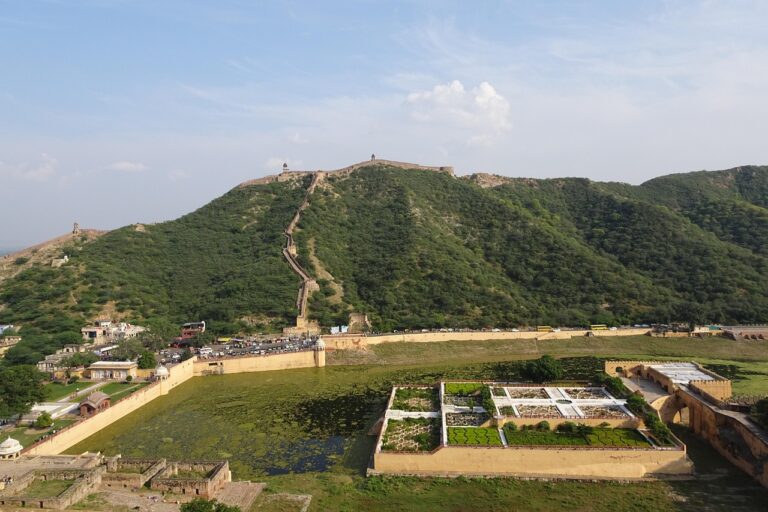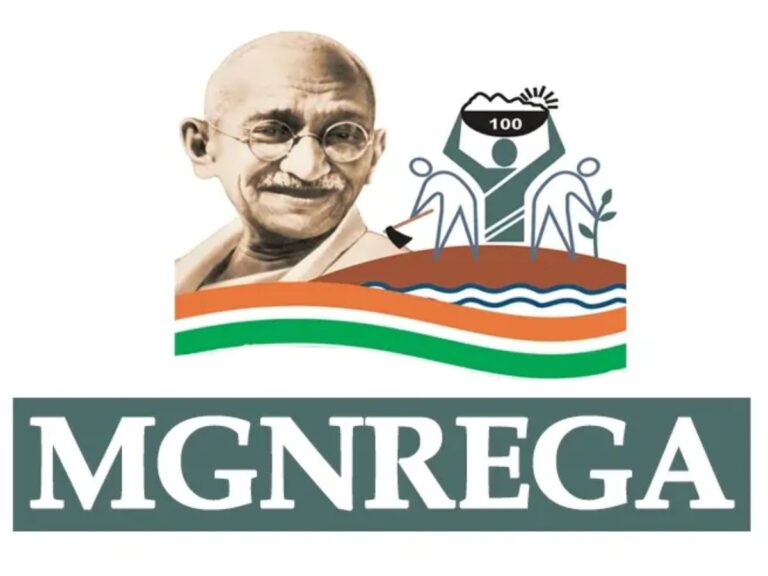Kuwait City: The nation celebrates its remarkable progress across various sectors, while its robust relationship with Oman stands as a testament to enduring regional cooperation.
Under the leaderships of His Majesty Sultan Haitham bin Tarik and His Highness Sheikh Mishaal Al-Ahmad Al-Jaber Al-Sabah of Kuwait, the two countries have fostered a robust and flourishing relationship that serves as a model for regional collaboration.
This longstanding brotherhood has evolved beyond traditional diplomatic relations, thriving at both the official and popular levels. The two countries share a history of political alignment and social legacy, which is reflected in their mutual commitment to economic, commercial, and development cooperation.
The State of Kuwait has witnessed developmental progress in various sectors, making strides in regional and international affairs, as well as in the humanitarian aid sector, where Kuwait has garnered global recognition.
Kuwait’s foreign policy continues to prioritise strengthening relationships with both neighbouring and distant countries. It actively contributes to the Gulf Cooperation Council (GCC), Arab League, and other international organizations, reinforcing its role in regional and global diplomacy. The nation’s commitment to global peace and stability is further evident through its support for international efforts aimed at fostering peace, security, and upholding international legitimacy.
On the domestic front, Kuwait is embarking on a transformative economic journey. The approval of its first development plan marks the beginning of a new phase in the country’s growth. The plan encompasses significant infrastructure and economic projects across multiple sectors, including oil, gas, electricity, water, and social services like education and health. This development is poised to drive the nation toward becoming a global financial and commercial hub. At the forefront of this vision is the ambitious ‘Silk City’ project, a 250-square-kilometer waterfront development expected to cost $86 billion and to be completed over the next 25 years. The project is set to place Kuwait on the global map for investment and tourism.
Kuwait’s strategic vision, ‘Kuwait 2035’, aims to strengthen the country’s standing as a centre for commerce and investment. The plan emphasises the role of the private sector in driving economic growth, fostering competition, and increasing productivity. It also highlights the country’s efforts to modernize its infrastructure, with around 490 million Kuwaiti dinars allocated in 2021/2022 for new projects and maintenance, making up 69% of the total budget for infrastructure development.
As one of the world’s leading oil producers and exporters, Kuwait holds significant influence in global energy markets, with 10 percent of the world’s oil reserves. The oil industry remains the backbone of Kuwait’s economy, contributing to approximately 80 percent of government revenues. The country’s labour market reflects its economic structure, with a workforce of over 2.2 million individuals, the majority of whom are employed in the private sector.
Kuwait also prioritises the health sector, with ongoing efforts to develop and expand its healthcare system to meet the needs of its growing population, ensuring high standards of care in line with global medical advancements.












